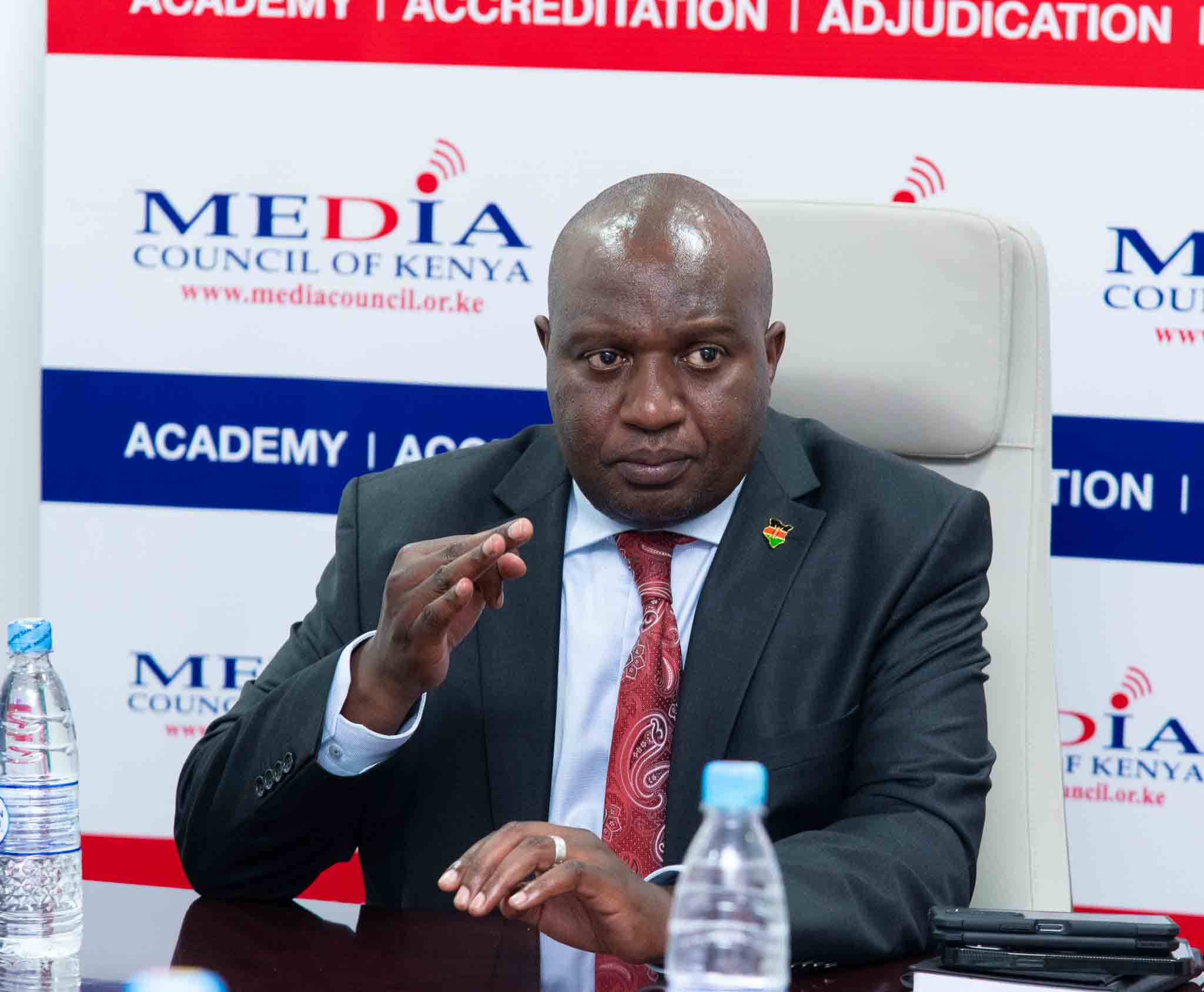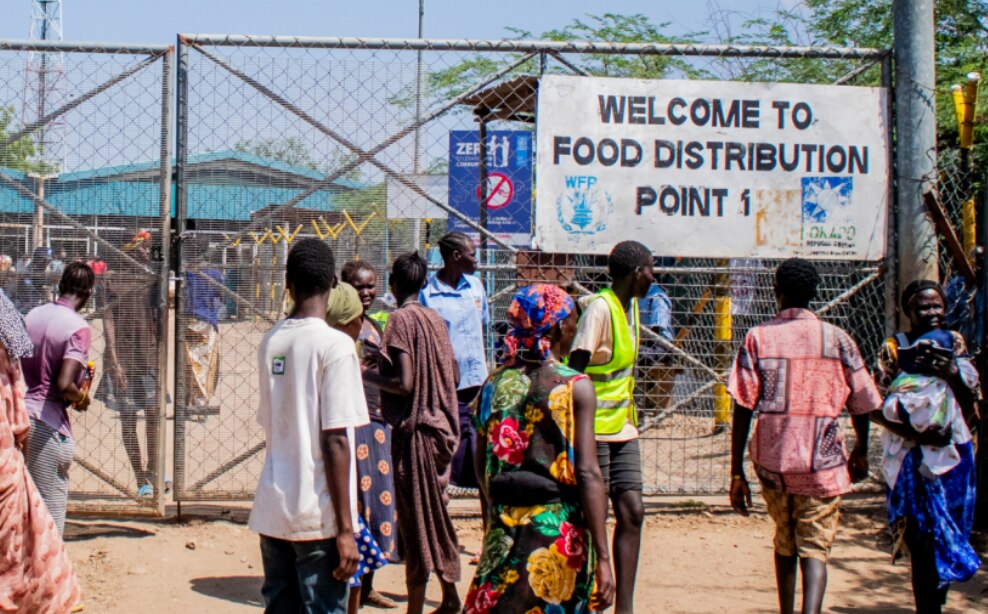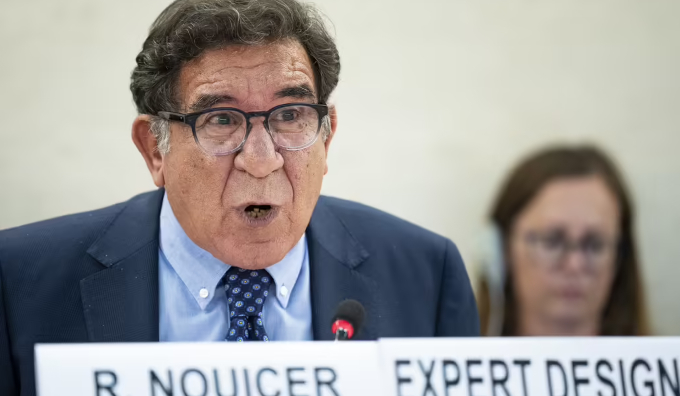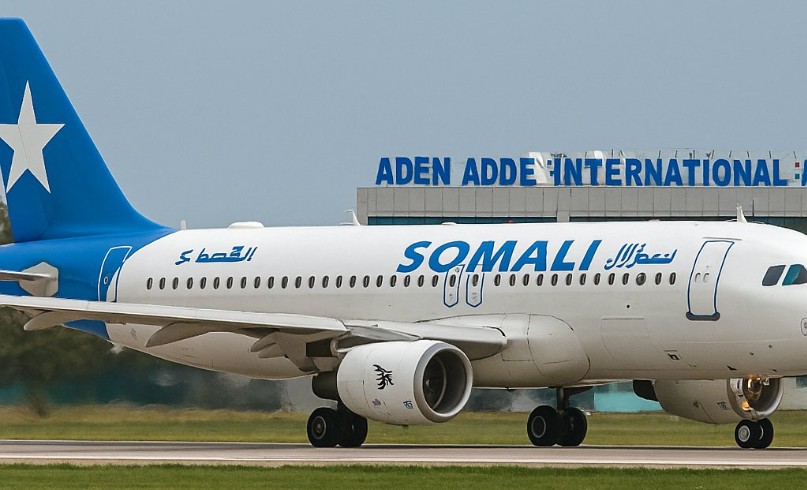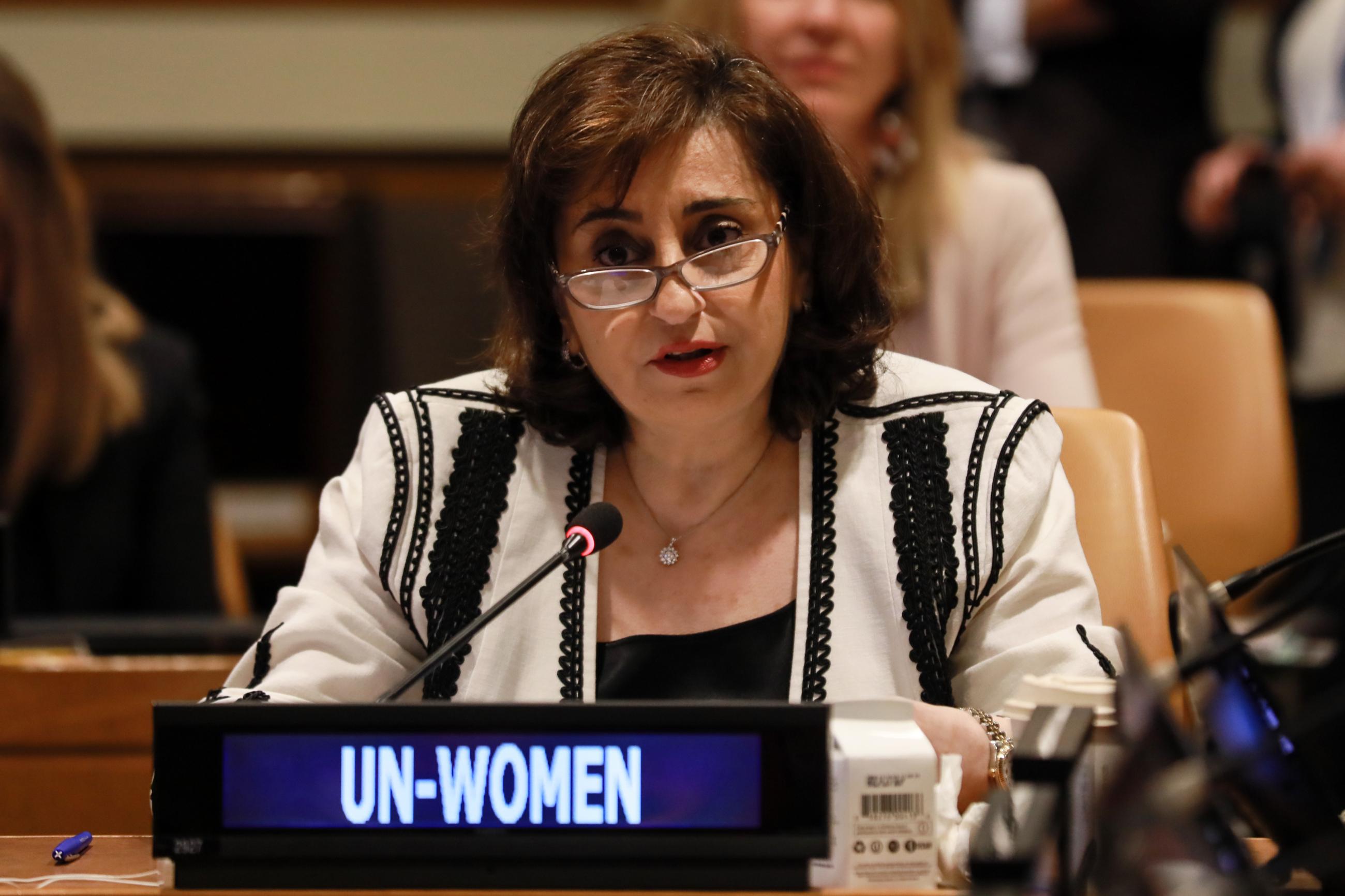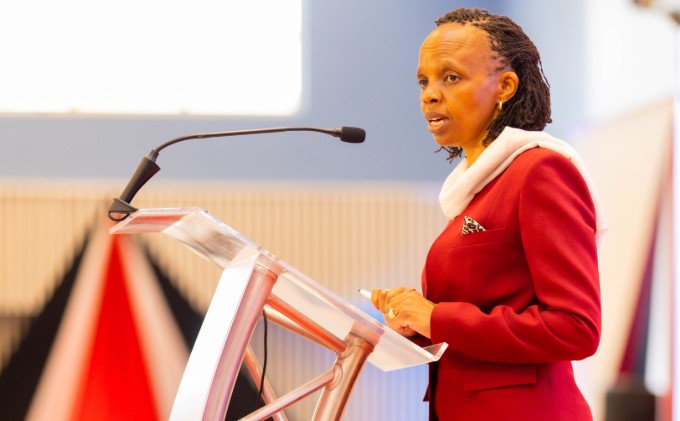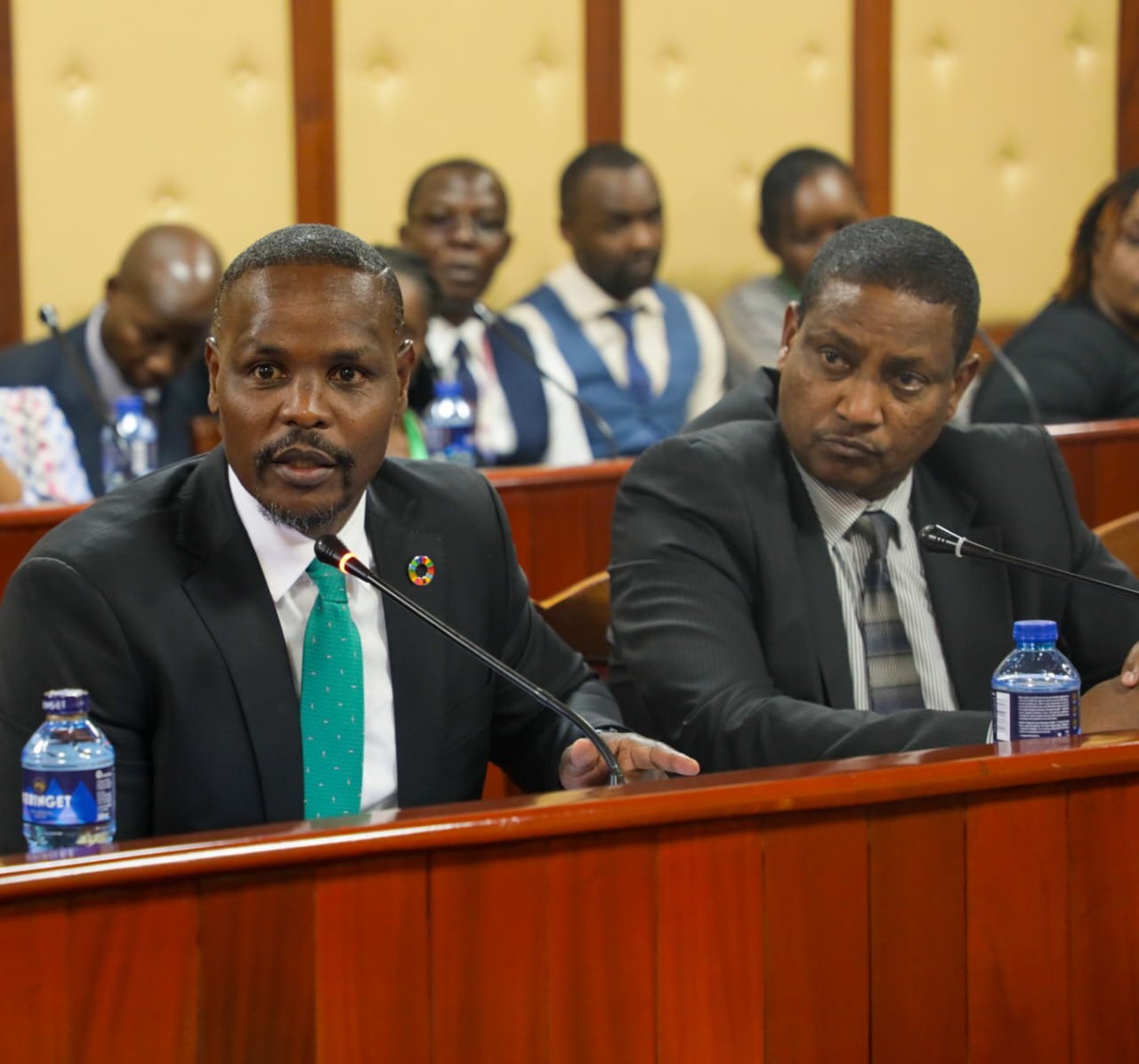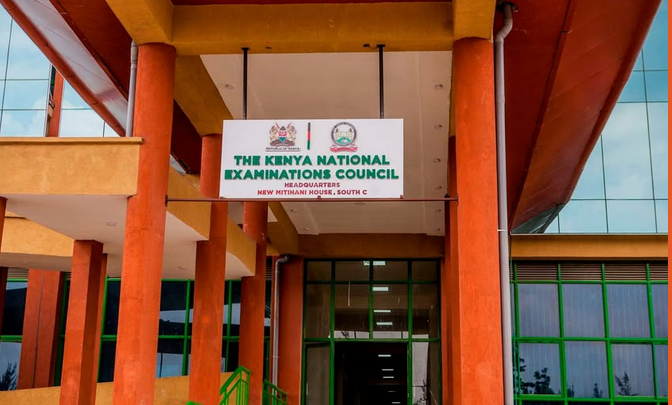Sudan's RSF, allies sign charter in Nairobi to form parallel government, two signatories say

According to the text of the charter, the signatories agreed that Sudan should be a "secular, democratic, non-centralised state" with a single national army.
Sudan's Rapid Support Forces signed a charter in Nairobi with allied political and armed groups late on Saturday to establish a "government of peace and unity", signatories al-Hadi Idris and Ibrahim al-Mirghani told Reuters.
Among the signatories to the charter is Abdelaziz al-Hilu, a powerful rebel leader who controls vast swathes of territory and troops in South Kordofan state, and who has long demanded that Sudan embrace secularism.
More To Read
- Sudan's paramilitary-led coalition announces formation of parallel government
- Sudan bans WhatsApp voice and video calls, citing national security amid ongoing conflict
- Amnesty warns Sudan's rainy season could deepen humanitarian crisis
- 46 killed, 37 injured in paramilitary attack on village in Western Sudan: volunteer groups
- AU mid-year summit in Malabo renews push for regional integration amid lingering divisions
- Cabinet shake-up in Sudan as transitional PM Kamil Tayyib Idris seeks stability amid civil war
Such a government, which has already drawn concern from the United Nations, is not expected to receive widespread recognition but is a further sign of the splintering of the country during a civil war that has lasted almost two years.
The RSF has seized most of the western Darfur region and parts of the Kordofan region in the war but is being pushed back from central Sudan by the Sudanese army, which has condemned the formation of a parallel government.
Idris, a former official and head of an armed group, said the government's formation will be announced from inside the country in the coming days.
According to the text of the charter, the signatories agreed that Sudan should be a "secular, democratic, non-centralised state" with a single national army, though it preserved the right of armed groups to continue to exist.
The charter said the government did not exist to split the country, but rather to unify it and to end the war, tasks it said the army-aligned government operating out of Port Sudan had failed to do.
General Mohamed Hamdan Dagalo is the head of the paramilitary RSF, which has been accused of widespread abuses including genocide.
Dagalo had previously shared power with the army and civilian politicians as part of an agreement following the ouster of Omar al-Bashir in 2019.
The two forces ousted the civilian politicians in a 2021 coup before war erupted between them over the integration of their troops during a transition to democracy.
The conflict has devastated the country, creating an "unprecedented" humanitarian crisis and driving half the population into hunger, with famine in multiple areas.
The signing took place in a closed event, in contrast to a flashier kick-off earlier this week in Nairobi.
Both events were hosted in Kenya, drawing condemnation from Sudan and domestic criticism of Kenyan President William Ruto for plunging the country into a diplomatic melee.
The Sudanese government has accused the United Arab Emirates of backing the RSF militarily and financially, charges U.N. experts say are credible. The UAE denies the accusation.
Top Stories Today
